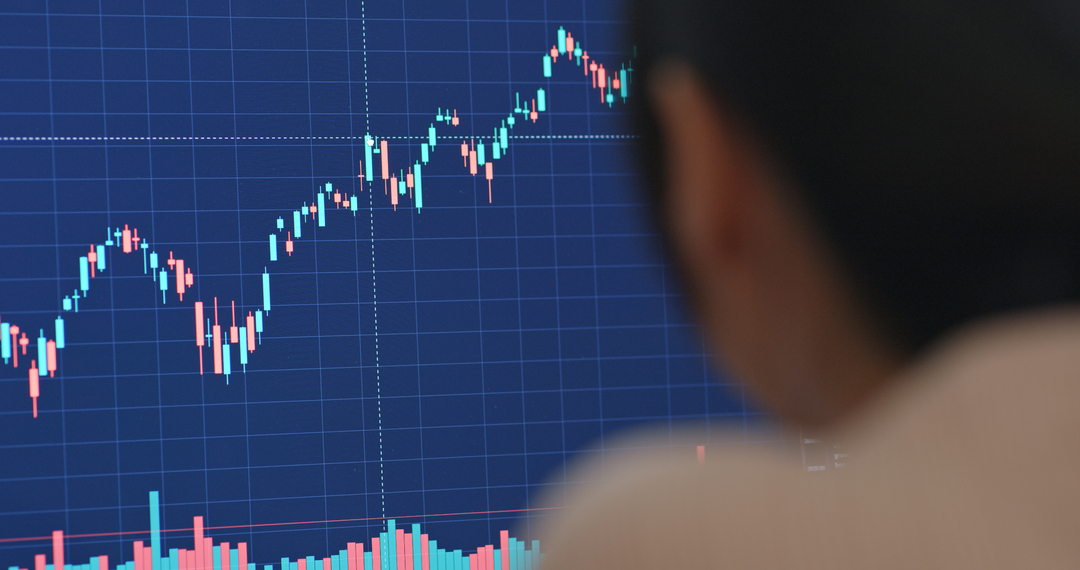BANGKOK (ANN/THE NATION) – The Stock Exchange of Thailand (SET) faced a turbulent 2024, underperforming compared to its Asian and ASEAN counterparts. A series of high-profile financial scandals severely eroded investor confidence, contributing to market instability and reduced trading volumes.
Global economic uncertainties, local political unrest, and questions over regulatory oversight further hampered the Thai market. While other ASEAN markets experienced robust growth, the SET lagged behind, reflecting a challenging year for the exchange.

Scandals that shook the market
- Dr. Boon Vanasin and Thonburi Healthcare Group
Date: November 2024
The case: Dr. Boon Vanasin, chairman of Thonburi Healthcare Group (THG) and co-founder of Thonburi Hospital, was accused of fraud and money laundering and he was later charged on December 14.
He and his associates allegedly misled investors into pouring funds into non-existent medical businesses, promising high returns and issuing post-dated cheques that later bounced. The financial damage from this fraud is estimated at around THB7.5 billion.
Impact: The scandal severely damaged investor trust in the healthcare sector and led to massive volatility in THG shares. The market reacted with caution, leading to broader scepticism about other healthcare-related stocks.
- The Energy Absolute (EA) Scandal
Date: The Securities and Exchange Commission (SEC) of Thailand filed a criminal complaint against Energy Absolute (EA) directors and executives on July 12, 2024. However, the scandal began in 2016.
The case: CEO Somphote Ahunai and his deputy Amorn Sapthaweekul of Energy Absolute (EA), a leading renewable energy company, faced fraud charges.
The allegations involved procurement fraud related to solar power equipment and software for projects in Nakhon Sawan and Lampang provinces between 2013 and 2015. EA’s share price plummeted by nearly 95 per cent, and the company found itself THB81 billion in debt.
Impact: The scandal led to a severe erosion of confidence in the renewable energy sector. EA’s share price volatility contributed to overall market instability, and the case highlighted significant oversight gaps in corporate governance within the industry.
- The Stark Corporation Debacle
Date: The Stark case unfolded in multiple stages, starting in July 2023 and continuing through September 2024:
July 6–7, 2023: The Department of Special Investigation (DSI) issued summons to key suspects to face charges.
June 20, 2023: The DSI accepted it as a special case.
September 18, 2024: The SEC charged five former Stark executives with publishing false information about the company’s financial status.
The case: Stark Corporation faced allegations of accounting fraud and financial mismanagement. The scandal involved irregular transactions amounting to at least THB15.6 billion.
The company’s stock was suspended for three months, and upon resumption, the share price dropped by 92 per cent. The company defaulted on some of its THB39 billion in liabilities, leading to further financial fallout.
Impact: The Stark Corporation scandal led to widespread distrust in the corporate sector. The significant financial losses and the subsequent market reactions demonstrated the need for stringent regulatory measures. The total estimated damage from this scandal is around THB100 billion, affecting thousands of shareholders, bondholders, and creditors.
Current developments and market repercussions
As of now, investigations and legal proceedings are ongoing in all three cases. Dr Boon is reportedly in China, and efforts are being made to extradite him. EA is grappling with debt restructuring and damage control, while Stark Corporation is under intense scrutiny with criminal investigations and class-action lawsuits.
The combined impact of these scandals has been profound. Investor confidence has been significantly eroded, leading to decreased market participation and a drop in stock prices. The SET Index has been down about 8 per cent this year, reflecting the broader market instability.
Is the Thai market still attractive?
As we conclude this tumultuous year, the question remains: Is the Thai stock market still attractive to Thai and foreign investors? The repeated financial scandals have exposed serious regulatory gaps and highlighted the vulnerability of small investors.
Despite the efforts of Thai authorities to encourage investment and save wealth through the stock market, the response to these scandals has been perceived as inadequate.
The current environment calls for more robust laws and stricter punishments to prevent future frauds and better protect small investors. The need for comprehensive regulatory reforms has never been more urgent if Thailand aims to restore trust and stability in its financial markets.
Only time will tell whether these changes will be implemented and whether the Thai stock market can reclaim its position as a reliable and attractive investment destination.






